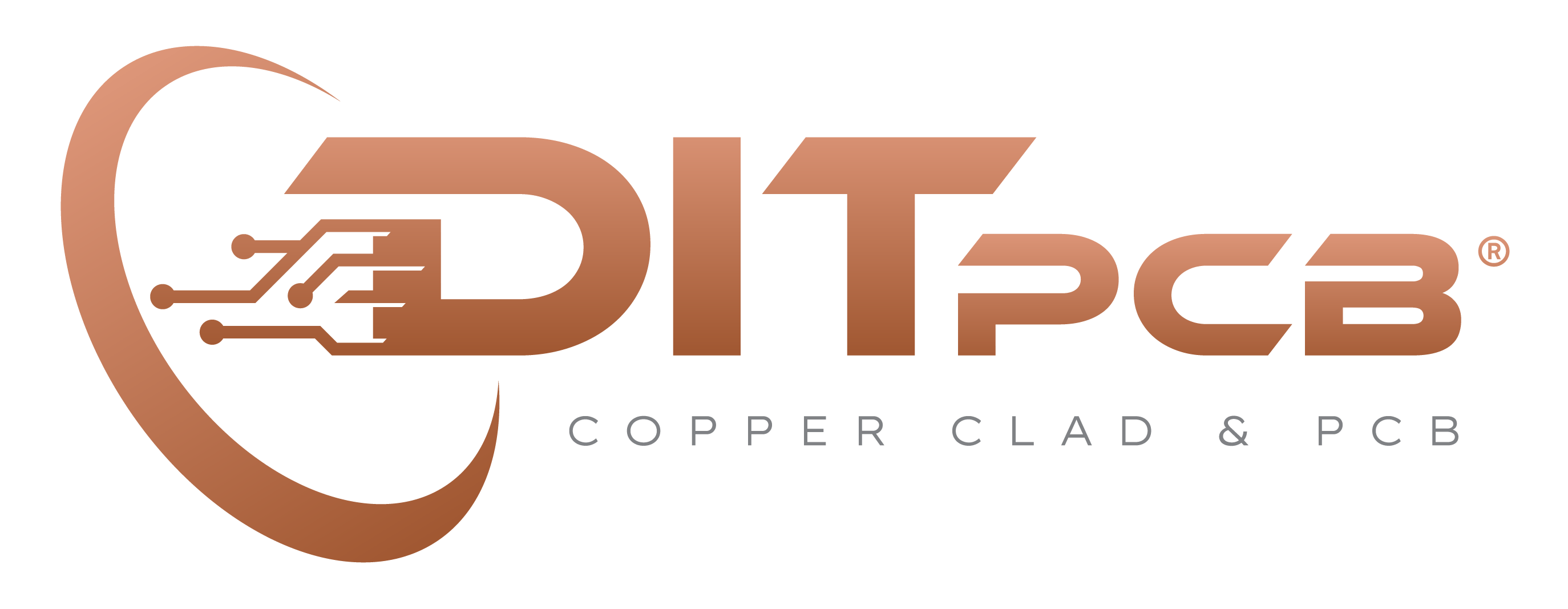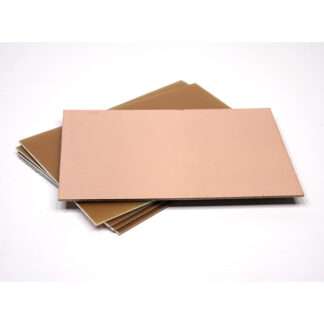Introduction
The world of technology is a constantly evolving landscape, and at the heart of many innovations lies the Printed Circuit Board (PCB). From smartphones to medical devices, PCBs play a vital role in powering modern electronic devices. India, with its growing tech-savvy population and burgeoning electronics industry, has witnessed a remarkable transformation in its utilization of PCBs. This blog explores the journey of PCBs in India and their role in driving technological advancements across various sectors.
The Rise of PCBs in India
Over the last few decades, India’s electronics industry has experienced significant growth, fueled by the rise in consumer electronics consumption, industrial automation, telecommunications, and automotive sectors. This growth has been accompanied by an increased demand for sophisticated electronic devices that are smaller, more efficient, and interconnected. PCBs, being the backbone of electronic devices, have become indispensable in meeting these demands.
Applications Across Industries
- Consumer Electronics: From smartphones to smart TVs, PCBs are integral components that enable seamless connectivity, compact design, and improved functionality. The proliferation of IoT (Internet of Things) devices has further amplified the need for high-performance, multi-layered PCBs.
- Healthcare: Medical devices like MRI machines, ECG monitors, and wearable health trackers rely on advanced PCBs for accurate data collection and transmission. The miniaturization of medical devices has been made possible through innovations in PCB design and fabrication.
- Automotive: The automotive industry has embraced electronic control units (ECUs) for various functionalities, including safety features, entertainment systems, and engine management. PCBs in vehicles need to withstand harsh conditions while delivering consistent performance.
- Renewable Energy: The push towards renewable energy sources has led to the development of solar inverters, wind turbines, and energy storage systems. These systems require reliable PCBs to efficiently manage and distribute power.
- Telecommunications: With the rapid expansion of mobile networks and the upcoming 5G technology, PCBs play a vital role in ensuring seamless data transmission and connectivity.
Local Manufacturing and Innovation
India’s electronics industry has evolved from being predominantly import-oriented to having a significant domestic manufacturing presence. This shift is attributed to government initiatives like the “Make in India” campaign, which aims to encourage local manufacturing and reduce dependence on imports.
Moreover, India has witnessed a surge in PCB manufacturing startups and research institutions focused on PCB design and fabrication. These entities are contributing to innovations such as flexible PCBs, rigid-flex PCBs, and advanced manufacturing techniques that enhance performance, reliability, and versatility.
Challenges and Opportunities
While the growth of PCB usage in India is promising, there are certain challenges that need to be addressed:
- Environmental Concerns: PCB manufacturing involves the use of hazardous chemicals and materials. Proper waste management and recycling mechanisms are essential to mitigate environmental impact.
- Skill Development: Developing a skilled workforce proficient in PCB design, fabrication, and assembly is crucial for sustaining the industry’s growth.
- Quality Control: Ensuring consistent quality across PCB manufacturing processes is vital to maintaining reliability and performance.
Conclusion
Printed Circuit Boards have seamlessly integrated themselves into India’s technological landscape, driving advancements across sectors such as consumer electronics, healthcare, automotive, renewable energy, and telecommunications. With a growing emphasis on local manufacturing and innovation, the PCB industry in India is poised for further growth and contribution to the nation’s technological progress. As India continues its journey towards becoming a global tech hub, the role of PCBs will remain pivotal in shaping its future.






